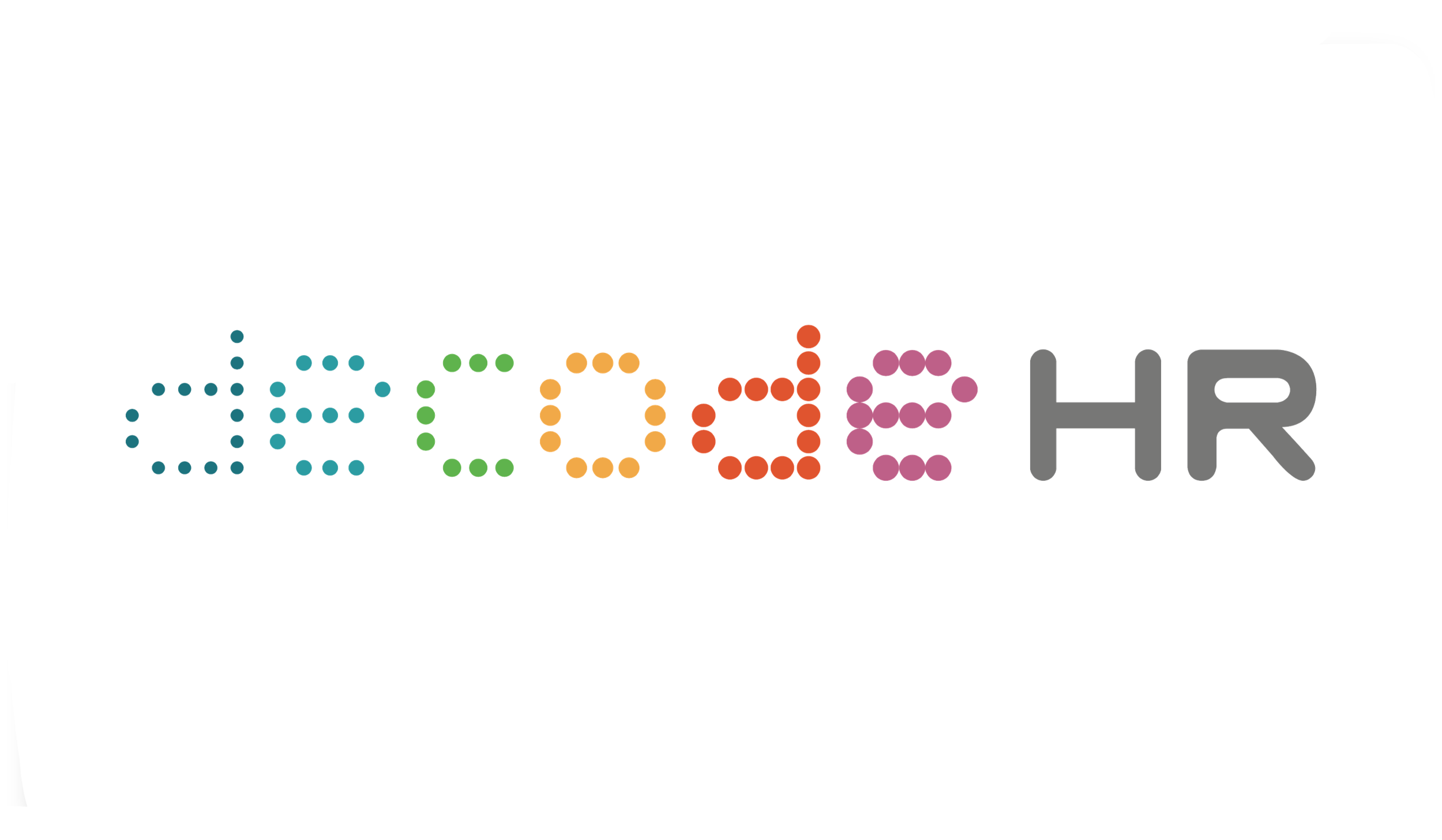Learning points for better inter-generational understanding
In our previous post, we talked a bit about how inter-generational diversity and more specifically, certain stereotypes placed on the Millennial generation. How then, do we bridge this gap between the generations, such that we can harness our diversity to reach a better level of understanding and cohesiveness?
Firstly, we Millennials, too, have a role to play in better inter-generational communication and understanding. Before we point fingers at others for the negative stereotypes and labels put on us, we should first reflect on our own attitudes and behaviors. Here are certain pointers that I have noticed that could go a long way in our relationship with others, and mastery of interpersonal competence in the workplace.
#1 Constantly take stock of our expectations
Taking stock of our expectations allows us to ensure that while they allow us to achieve personal fulfillment and contribute to our learning and growth, they are also grounded and realistic. Success cannot be attained overnight - we Millennials need to sometimes slow down, and accept that the journey to success is a long distance marathon. Grab every opportunity that presents itself and go forth to seek higher ground, but also take care not to be too idealistic.
#2 Every task is an opportunity
One criticism of the Millennials is that we are not willing to work hard for success. While this may cause cries of outrage and vehement protests from us, I can also understand why would the Gen-Xers and baby boomers feel this way. With the Millennials’ keenness for personal growth and immediate gratification, we tend to expect our labour to bear fruit quickly, and want to be assigned tasks that are in line with our goals, or have a significant impact in our development. However, there will be times we are assigned tasks we do not enjoy, or see little purpose in. Don’t lose heart, quickly become bored, dissatisfied or dejected - every project is an opportunity for learning, big or small. Despite not contributing to our career goals directly, they may teach us new skills, strengthen our competencies in other ways, or provide opportunities for working with different colleagues and forging better inter-department relationships. By complaining or doing a shoddy job, we exhibit low professionalism and a bad work ethic, which does not do us any favours in the workplace.
To sum it up...
Sidetracking for a bit - often, I wonder if the stereotypes that we hear so often, not just regarding generational characteristics but also other different groups of people, creeps its way into our preconceptions of others. Instead of giving ourselves a chance to get to know a person, we form surface impressions about them which in turn forms our attitudes and behavior towards them as a whole. The generalization and simplification of group characteristics has undoubtedly led to many misconceptions, further fueled by the phenomena of confirmation bias - the tendency for us to interpret evidence in a way that confirms our existing beliefs.
Although it is fascinating to study such generational values, we have to constantly remember that such generalizations are not backed on solid research. Methodological inadequacies make for difficult assessment, and often a correlation of a person to their said generational values is a product of fundamental attribution error, whereby one attributes a person’s behavior to their character, rather than the external environment. Although generational classifications help us to understand cross-generational differences better, we must keep in mind that behind individual differences lies a myriad of different causes, such as personal values, family upbringing, social influence etc., and that there is a limit to the accuracy of generational stereotypes.
We also tend to unknowingly be subject to illusory superiority, whereby we view our own ingroup values to be better than others’. We have to keep in mind though, differences are always present and they can only be accepted, not eroded. We should avoid placing moral judgments on individual or group values, as they are a personal choice. Furthermore, differences are what makes for a diverse workforce and society with each individual or group of individuals having something different to offer.
Back to the Millennials - Born in the early 1980s to 2000s, we are already in, or quickly reaching our peak employment years and soon to be the largest proportion of the active labour pool. However, many managers tend to be wary when hiring millennials and struggle with understanding, managing and engaging this group of unique, independent-minded young employees. This is an obstacle they must increasingly overcome, as the Millennials are here to stay. With more inter-generational dialogue and better understanding of one another, the different generations will be able to work cohesively together, with each group bringing a set of skills, ideas and attitudes to work. This richness in diversity should be welcomed rather than avoided, and by harnessing its’ power it can bring about for a better workforce and society.
COPYRIGHT © 2020 DECODE HR PTE LTD. ALL RIGHTS RESERVED

